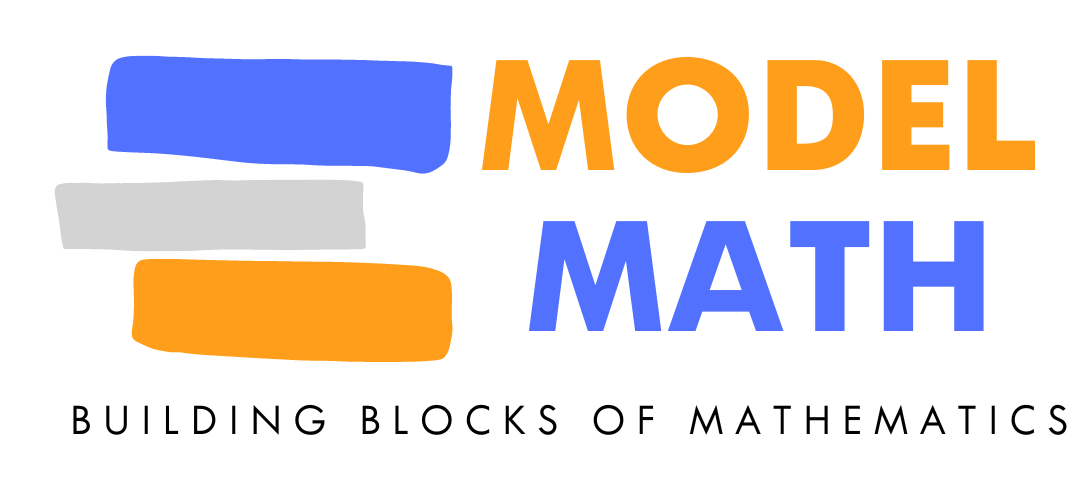Maths is for life not just exams. If you struggle with maths, just the mention of the subject is enough to send chills down your spine. Despite the aversion you might feel towards maths, you can’t deny that it is a useful skill to have. That’s because it teaches basic numeracy skills that help us go through life. It helps us figure out our change in a store, file our taxes, or even add up scores in a board or sports game. So, it’s a useful skill for life!
How much of maths do we actually need?
That said, a considerable portion of what is taught in math classes you will never apply in real life unless you have a particular job or hobby that demands it. Like calculating the circumference of a tunnel for example. If you are an engineer working on the design or construction of the tunnel, you will definitely need the maths required to make the calculations. But for most of us, we will never need to know how to calculate a circumference of a tunnel or anything else for that matter. So, there is an argument for making maths lessons more relatable to the skills we will need in everyday life.
Taking a STEM approach
To address this concern, some schools are actively working on ways to do this. New South Wales, Australia, for instance, is set to introduce maths courses for grades 11 and 12 geared towards helping students sharpen math skills needed in adult life. These skills centre on filing tax returns and budgeting, as well as managing personal accounts. The course will target students who find maths especially difficult.
Many experts are now speaking up and demanding that maths be more related to today’s children’s future job roles, where soft skills and skills such as critical thinking, creativity and the ability to work as part of a team are essential and more valued than technical skills.
Andrew Hacker, the author of The Maths Math: And Other STEM Delusions, is of the view that students should not be cornered into studying maths and need to be equipped instead with the critical thinking and computational skills necessary for them to go through life because these skills can be applied across various disciplines and go beyond numbers, formulae and grades.
Schools following the Australian curriculum now focus not just on imparting numeracy skills but on encouraging children to think, create, design and present – in a STEM approach, where the curriculum is based on the idea of educating students in the disciplines of science, technology, engineering and mathematics as an interdisciplinary and applied approach.
This teaches them how to evaluate problems, work in teams, be creative in finding solutions, and communicate effectively. These skills can then be adapted to a future in STEM, allowing students enough freedom to study what they choose to when the time comes.
Creating confident useful citizens of tomorrow
According to teachers, such an approach can instil confidence in students who continue to struggle with maths. It is set to engage them and help them polish basic numeracy skills that are used in daily life.
As a parent, it is tempting to focus attention on making sure your child passes their exams or gets the grades needed to enter a good high school. Of course, these are valid concerns and goals. But they should also be equipped with the maths to do well in life. The future of the job market does not rest on technical skills alone. The workforce will require people to be creative, critical thinkers with the ability to function within a team.




